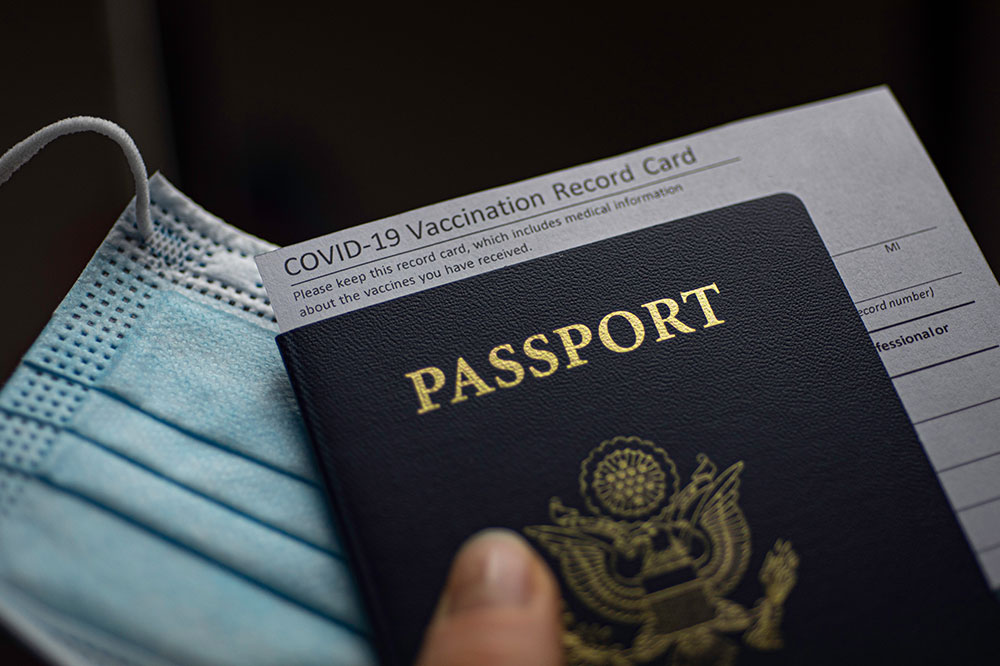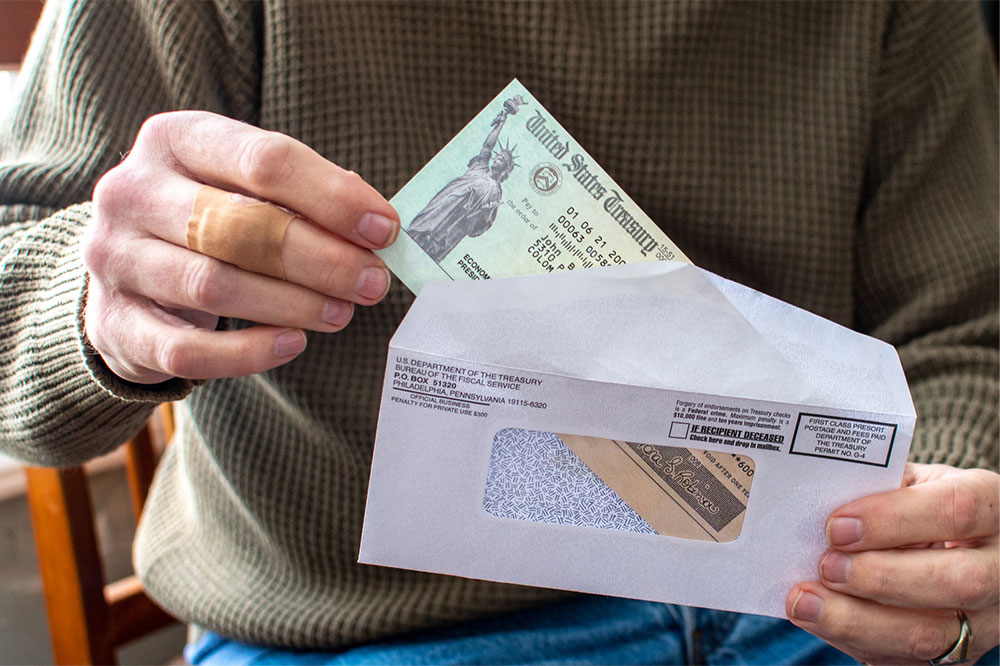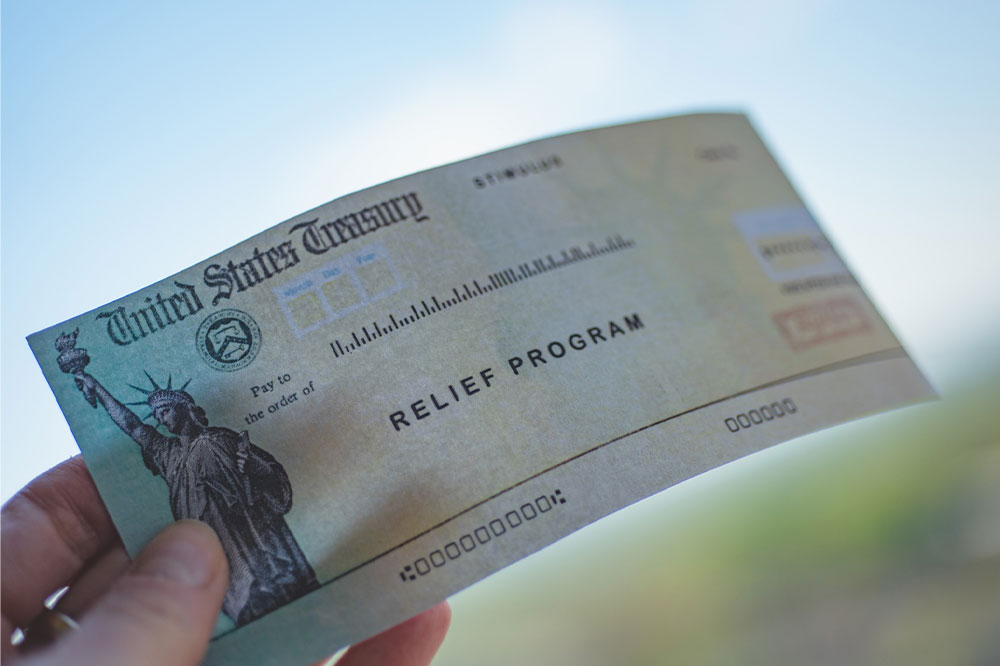Understanding COVID-19 Vaccine Certification and Its Role in Travel
This article explores the concept of COVID-19 vaccination certificates, their development by major organizations, and their potential impact on travel and social activities. It covers current global practices, the technology behind digital health passes, and the future prospects for vaccination proof in easing restrictions and returning to normalcy amid ongoing pandemic challenges.
Sponsored

The ongoing COVID-19 pandemic continues to impact global mobility and health. The travel sector has been severely disrupted since the outbreak began. Fortunately, widespread vaccination efforts are enabling the possibility of resuming normal travel activities. To facilitate this, governments and organizations are developing vaccine certificates, which verify an individual's vaccination status. Explore what these certificates are and how they might influence future travel and social activities.
What is a COVID-19 vaccination certificate?
A COVID-19 vaccination certificate is official proof that an individual has received the vaccine or recently tested negative for the virus.
These certificates can expedite travel, eliminating the need for quarantine or additional testing. The concept of health certification dates back centuries, with modern nations requiring vaccinations for diseases like yellow fever and TB. With a valid COVID-19 vaccination certificate, travelers can enjoy entry restrictions easing across the US and abroad, as well as access to recreational venues like restaurants, gyms, cinemas, and event halls.
How does it work?
Most certificates are digital, stored via mobile apps for quick validation by authorities. They display vaccination details, recent test results, and other health information, and can also be printed for convenience.
The main developers of these digital health passes include organizations like the International Air Transport Association (IATA), IBM, and Clear. IATA's Travel Pass allows users to upload proof of vaccination, currently being tested by airlines such as Qantas, Singapore Airlines, and Qatar Airways. IBM's Digital Health Pass aims to verify health credentials for workplaces and industries like travel and entertainment. Clear's app, known for streamlining airport security, is establishing a 'Health Pass' feature with the support of The Commons Project Foundation.
Is a vaccine passport mandatory for travel?
Not at present. The World Health Organization (WHO) emphasizes that vaccination should not be compulsory for international travel, citing concerns about vaccine efficacy in preventing virus transmission and unequal access worldwide. Also, some countries may not recognize or accept digital vaccination certificates. However, nations like Israel, Denmark, and New York state have introduced or are testing their own vaccine permits—such as Israel's "green passport" and New York's Excelsior Pass—that grant vaccinated residents greater access to public venues and events.





